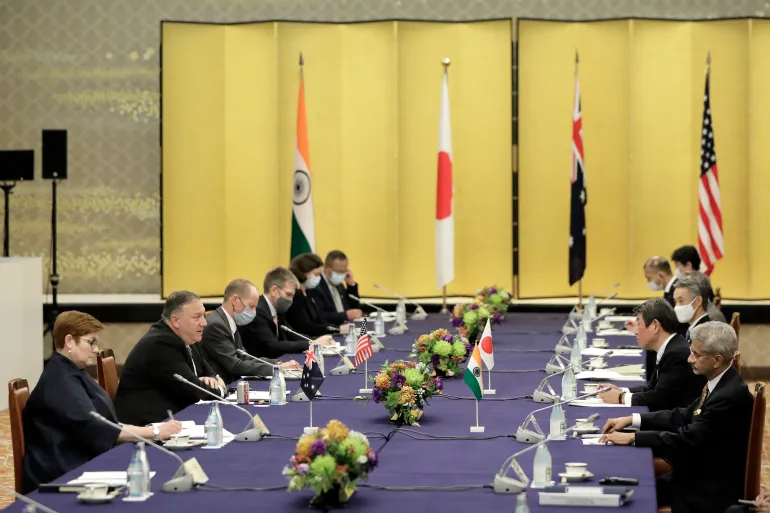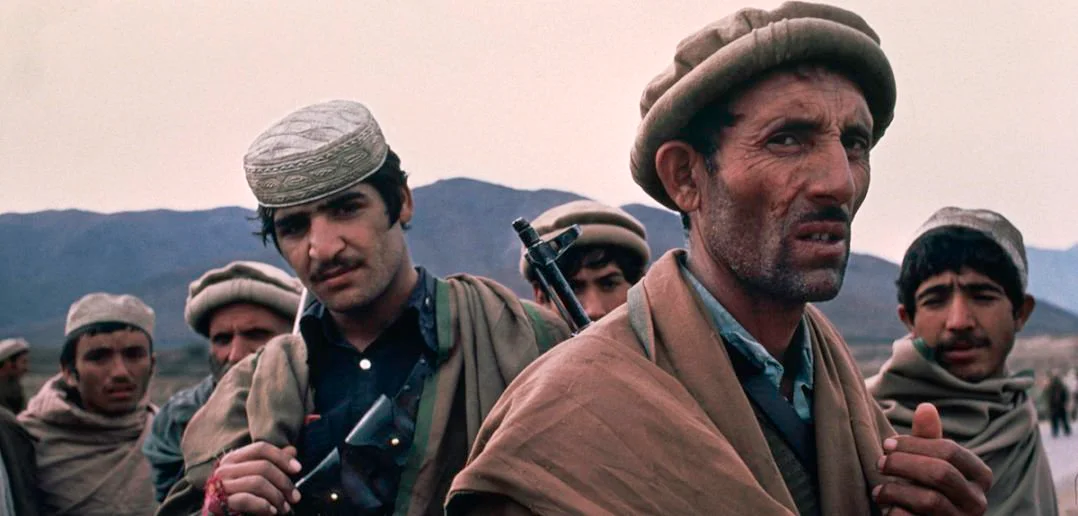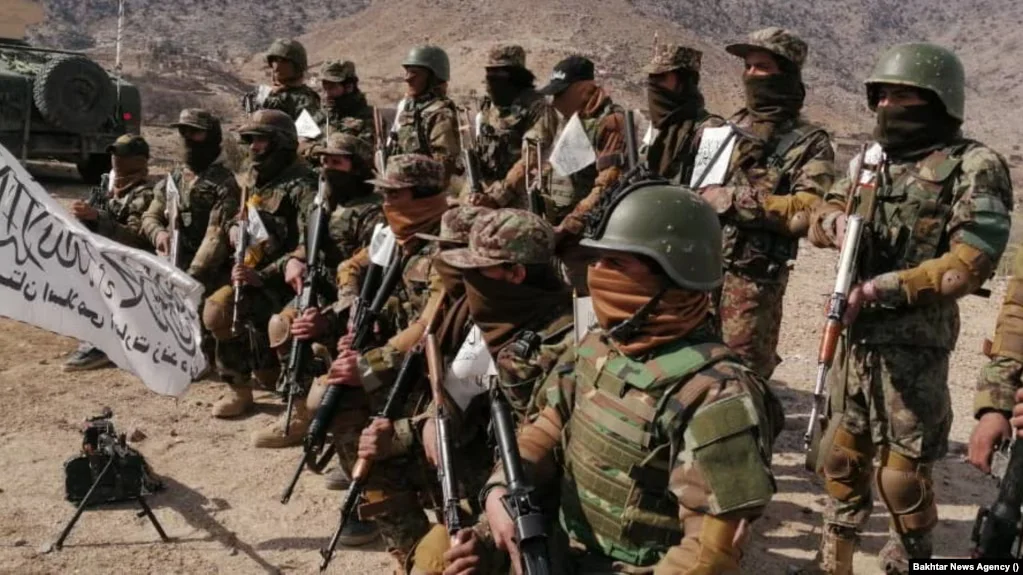India with its leverage lost in Afghanistan is reportedly considering reopening its embassy in Kabul.
This comes at a time when India is seeking its role in Afghanistan; either through ‘Asia-Pacific’ group – 18th Russia-India-China (RIC) foreign ministers’ meeting, or through United States-led initiatives, such as Quad.
This becomes contrasting as the RIC group comprised of the states, the US has created a democratic alliance – Quad, against – this raises a pertinent question regarding how reliable India’s role can be when it comes to the US Indo-Pacific Strategic Framework, in which Quad’s role is significant for the US foreign policy.
Recently, at the 5th edition of the India-US Forum, in his remarks on “QUAD and Future of the Indo-Pacific”, the Indian Foreign Secretary talks about the international rules-based system, when India’s democratic ratings have already been dropped and the US Commission on International Religious Freedom (USCIRF) has presented its recommendations to designate India as a country of particular concern for its dismal record.
Moreover, India’s status as a free country has also been changed to “partly free”, as per the annual report on global political rights and liberties. The US think tank Freedom House in its report Democracy under Siege points out that the civil liberties in India have been in decline since Prime Minister Modi came to power in 2014 – a “multiyear pattern in which the Hindu nationalist government and its allies have presided over rising violence and discriminatory policies affecting the Muslim population and pursued a crackdown on expressions of dissent by the media, academics, civil society groups, and protesters”, has caused this decline in India’s democratic ratings.
Here it is essential to recall India’s inclusion into the US equation of the Indo-Pacific Strategic Framework. It has begun in 2009, when in the “Shangri La Dialogue”, Mr. Robert Gates, the then Defence Secretary of United States, stated, “We look to India to be a partner and net provider of security in the Indian Ocean and beyond…” Later the term surfaced in relation with India again in the 2010 “Quadrennial Defense Review” of the USA, “…as its military capabilities grow, India will contribute to Asia as a net security provider in the Indian Ocean and beyond”. This basically provides context to India’s placement in Quad, however, amid the US-Iran conflict and a series of attacks on oil carrier watercrafts, India instead of joining the US-led coalition, initiated Operation Sankalap but failed to establish its stature as a ‘net security provider’ in the Indian Ocean Region.
Also See: Afghanistan Endgame or a Beginning of a New Game?
What is more is that the Indian vision and policy-making paradigm concerning Indo-Pacific as a “net security provider” is grounded more on its maritime policy towards the Indian Ocean and less on the Pacific Ocean, where the Chinese assertiveness is becoming a matter of concern for the US, Australia, and Japan.
India, unlike US views the Indo-Pacific Framework stretching from the cost of Africa to western and southern Pacific Ocean including the Middle East routes.
Therefore, with this divergence of vision regarding the Indo-Pacific Strategy between India and the US, how in a broader prospect this alliance will function, needs exploration. In addition, another point in this case is India’s relationship with Russia; India purchasing the Russian S-400 while being in partnership with the US, despite the US has raised “concerns”– Perhaps time to recall the Australia-France submarine deal or reminiscent of Washington’s sanctions against its NATO ally Turkey?
Moreover, with India’s democracy at risk by an ever-increasing Hindutva tendencies and RSS-driven ideologies influencing the governance system of India – how can it be a reliable ally in the US drive to maintain the international rules-based system?
As president Biden envisions Quad as an anti-China “alliance of democracies” how can India’s role reliability be determined when India has so far refrained from advocating and adopting the democratic ideals of governance?
Isn’t an undemocratic India undermining the moral basis of the US Indo-Pacific Strategic Framework leaving the US to justify its partnership with India? This requires the US to pursue a conscious strategic approach reconsidering India’s role in the US Indo-Pacific Strategy, especially in the context of Afghanistan, taking into account India’s contribution towards US failure in the US-led war against terrorism in Afghanistan.






